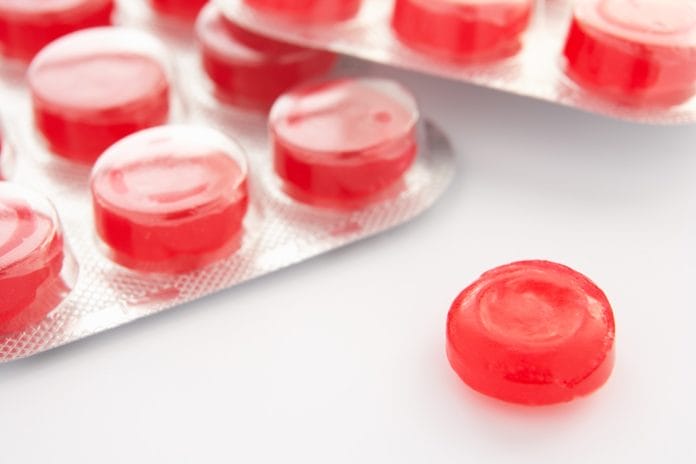Researchers at the University of Florida in Gainesville have discovered another factor that can cause tooth erosion. According to recent data from their study, dry mouth lozenges may lead to tooth erosion due to their high level of acidity.
A Closer Look at Tooth Erosion
According to the American Dental Association, dental erosion occurs when excessive acid in the mouth causes tooth enamel to wear away. Although it may seem like tooth erosion is a minor matter, it can lead to serious dental issues in the future since it can leave the inner layer of dentin exposed. Patients may also discover that their teeth are starting to become more hypersensitive to the temperature of food and drinks and have a higher risk of decay since teeth no longer have its protective coating of enamel.
Several Common Causes of Tooth Erosion
Many intrinsic and extrinsic factors can lead to tooth erosion. Several intrinsic factors include alcoholism, bulimia, and illnesses like gastroesophageal reflux because they are linked to excessive vomiting.
A person who suffers from alcoholism may find the palatal surfaces of their anterior maxillary teeth are starting to erode. Excessive drinking can also cause the enamel around the palatal and occlusal surfaces of the posterior and edges of the teeth to erode.
An estimated 30 million people of all ages and genders suffer from an eating disorder in America according to the National Association of Anorexia Nervosa and Associated Disorders. Bulimia is an eating disorder that involves someone who chooses to frequently vomit so they can lose weight. People with the disease may face the erosion of the lingual-palatal of their anterior maxillary teeth due to stomach acids.
Meanwhile, extrinsic factors like a person’s lifestyle and diet can also have an impact on whether their teeth erode. For example, a person who drinks excessive sugary sodas, carbonated drinks, and fruit juice with low pH values may increase their risk for dental erosion. Dehydration can also increase a person’s chances of experiencing dental erosion later on in life.
About the University of Florida Study
The researcher’s study, “Potential Erosive Assessment of Dry Mouth Lozenges and Tablets on Dentin,” was conducted by the department of restorative dental sciences at the University of Florida. They decided to examine if a dry mouth lozenge could affect a person’s oral health.
The scientists tested 11 products by crushing them into 5 grams of fine powder and dissolving them into 10 mL of water. Next, they placed a set of human teeth in the solution and measured its pH levels and titratable acidity. The xerostomia lozenges tested in this study included:
- Hager Pharma
- Smart Mouth™
- ACT®
- DenTec® OraMoist®
- CVS Health™
- TheraBreath®
- Med Active®
- Nuvora Salese™
- Rite Aid®
- Cotton Mouth®
- Oracoat Xylimelts®
Overall, researchers were able to determine a strong correlation between tooth loss and dentin exposure due to products with high acidic levels. They discovered that 9 out of the 11 products had acidic levels that have pH < 7, which can lead to dental erosion. Only two of the lozenges, Nuvora’s Salese™ and OraCoat’s XyliMelts® passed the acidity test because their pH levels were 8 or higher.
In Conclusion
Based on these findings, dental hygienists and other dental professionals should be aware that many factors may contribute to patients experiencing dental erosion. They should warn patients when they notice signs of erosion and advise them to consume milk and other foods that are high in calcium so that it can help neutralize the acids in their system. Professionals can also advise patients with severe dental erosion to drink out of a straw and quickly rinse their mouth out with water once they are done eating or drinking something that’s acidic.











